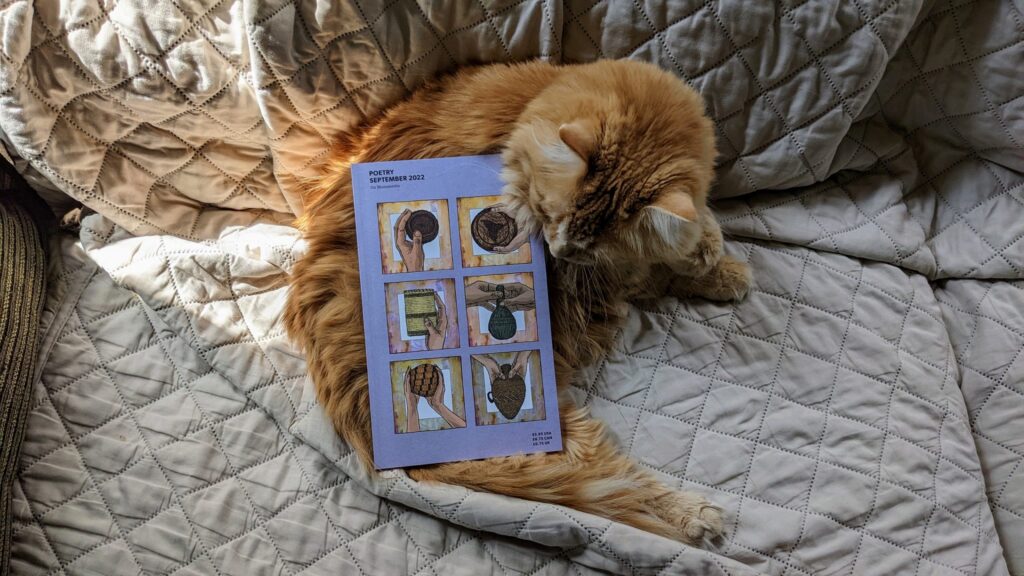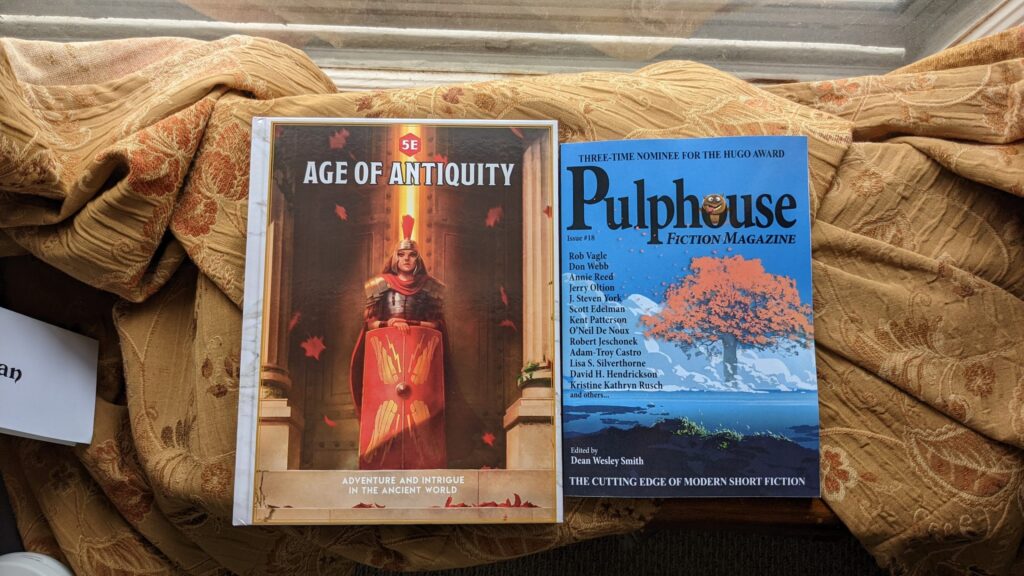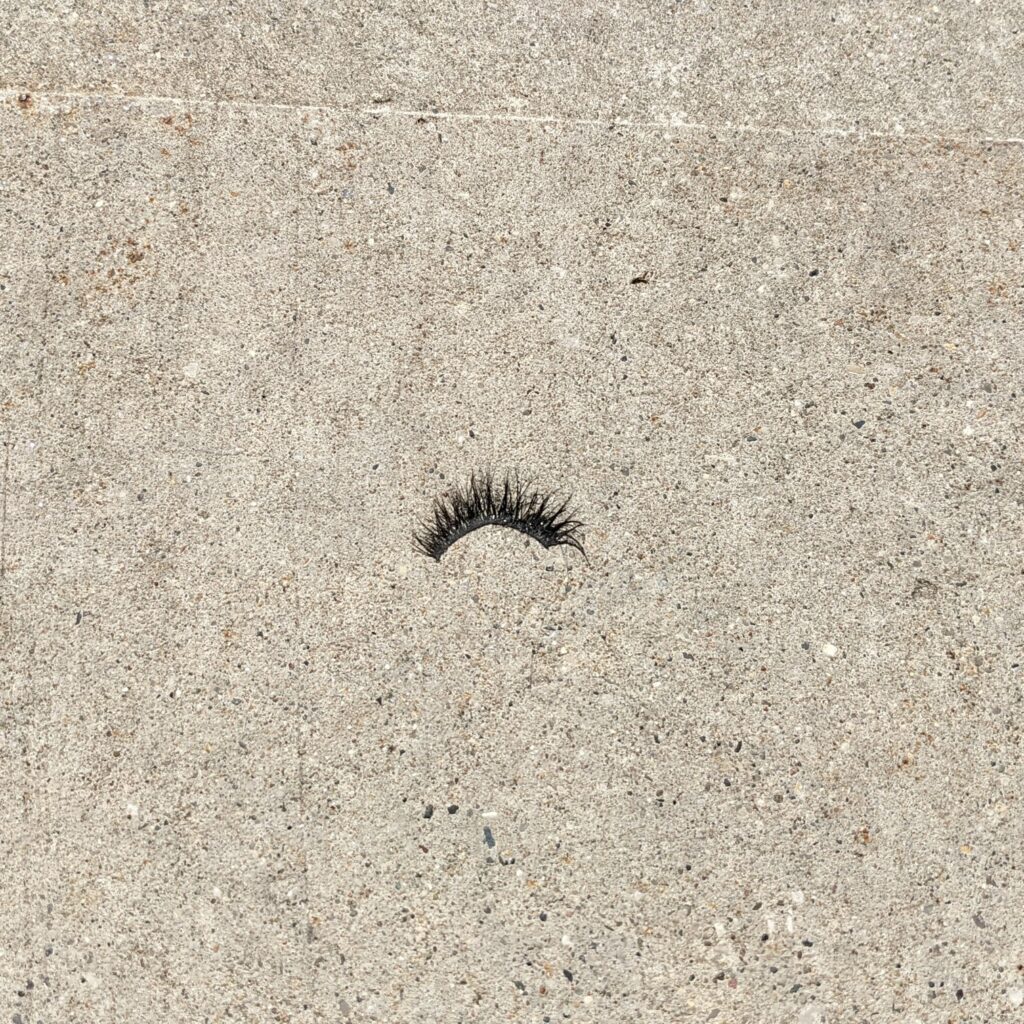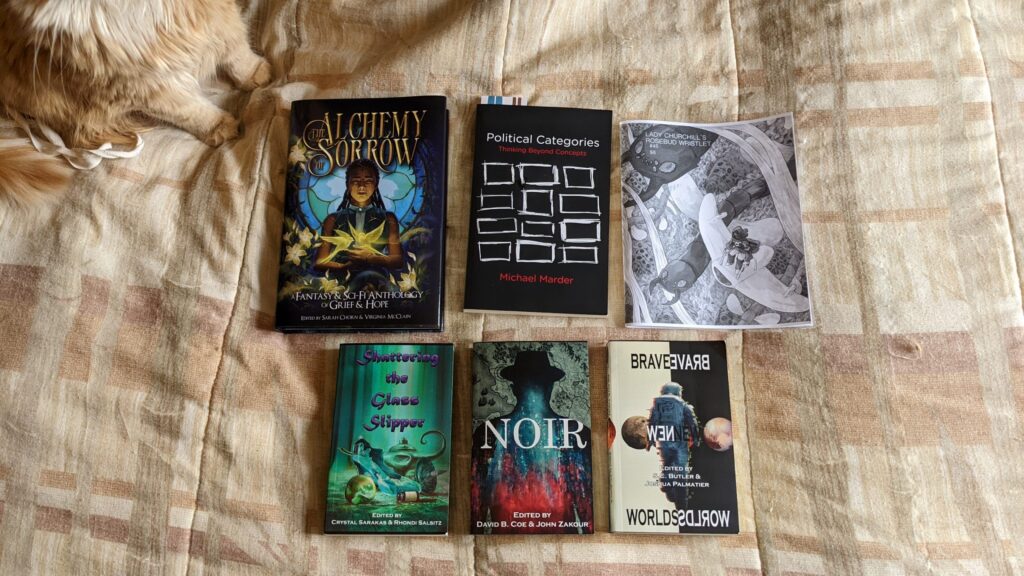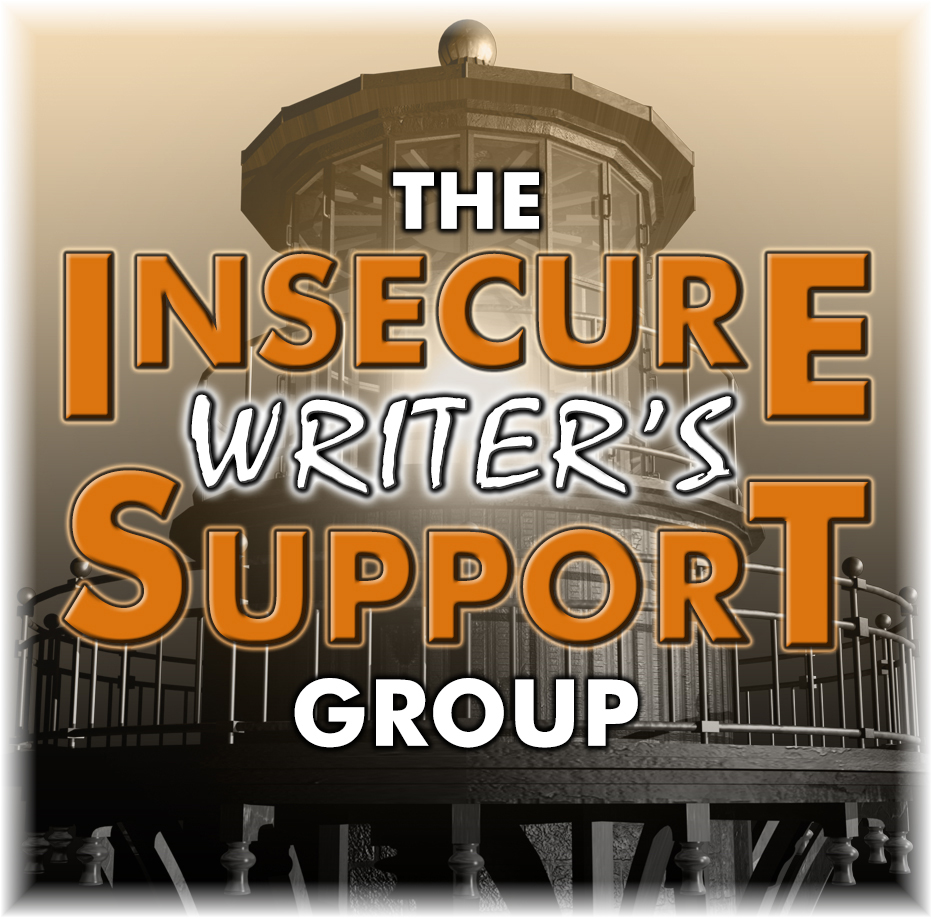Welcome to the last few days of August. The more things change, the more they stay the same.
1977: Dorothy Moore, “I Believe You”
“I Believe You” puts me in mind of wood paneling, shag carpet, the smell of pipe smoke and one of those custom logs in the fireplace which turns the flames different colors, which suggests that there may have been some substances in use among the adults at that time. This is a very seventies song, in the best way. This song is beautiful, but while it sounds familiar, I have no specific memory of having heard it before.
1982: Paul Davis, “Love or Let Me Be Lonely”
This is a repeat from last week, but it’s a good song, so please enjoy it again!
1987: Alexander O’Neal, “Fake”
Like “I Believe You” above, “Fake” sounds familiar but I have no specific memory of having heard it before. I really like it, though; in the parlance of our time, “Fake” slaps. At the end of August 1987 if I heard it at all, it would have been while watching MTV in the lounge on third-floor Copeland at GVSC. There was a lot going on at the time; full sensory overload and a combination of relief and anxiety at no longer living on the farm.
1992: Mariah Carey, “I’ll Be There”
My memory of Mariah Carey’s cover of “I’ll Be There” is so mixed up with the original The Jackson 5 version that I don’t remember when or if I heard this version. That being said, this is a beautiful cover, which is to be expected with Carey, and Trey Lorenz just kills it!
1997: Allure Featuring 112, “All Cried Out”
That opening keyboard is so familiar! O is the lyric “Apology not accepted.” Definitely heard “All Cried Out” before, I just don’t remember when or where. Almost certainly on MTV, and yet another sign that I really need to expand my knowledge of R&B groups, because this song is gorgeous!
